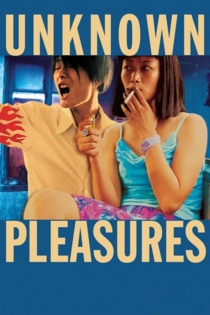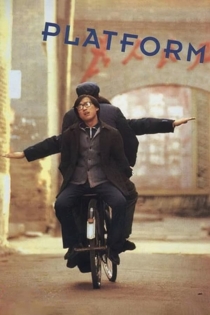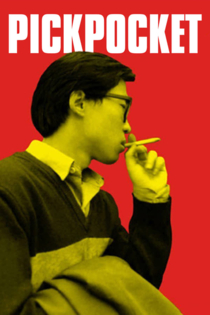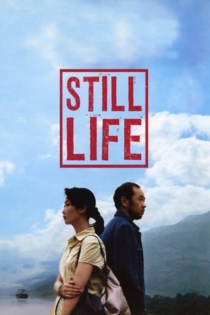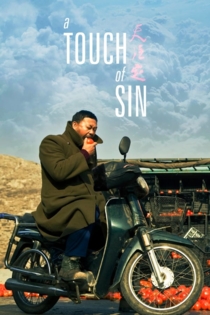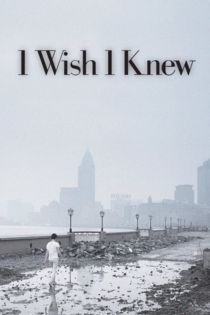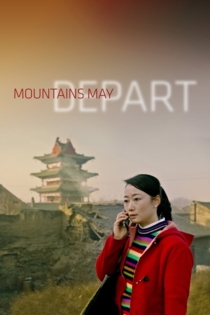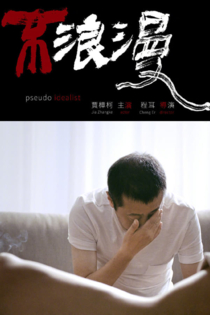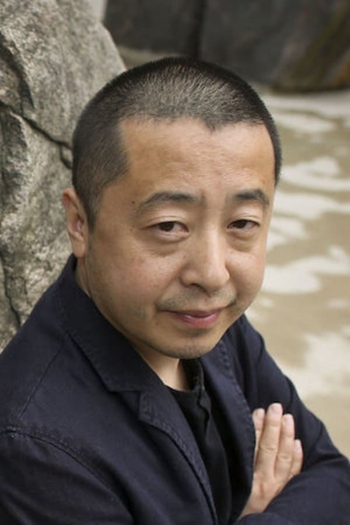
Jia Zhangke
1970 (55 лет)Jia Zhangke (Chinese: 贾樟柯, born 1970 in Fenyang, Shanxi, China) is a Chinese film director. He is generally regarded as a leading figure of the "Sixth Generation" movement of Chinese cinema, a group that also includes such figures as Wang Xiaoshuai and Zhang Yuan.
Jia's early films, a loose trilogy based in his home province of Shanxi, were made outside of China's state-run film bureaucracy, and therefore are considered "underground" films. Beginning in 2004, Jia's status in his own country was raised when he was allowed to direct his fourth feature film, The World, with state approval.
Jia's films have received critical praise and have been recognized internationally, notably winning the Venice Film Festival's top award for Still Life. He has been described by critics and film directors as being perhaps "the most important filmmaker working in the world today."
Description above from the Wikipedia article Jia Zhangke, licensed under CC-BY-SA, full list of contributors on Wikipedia
Um Filme de Cinema
Walter Carvalho
Ariano Suassuna, Ruy Guerra
An abandoned tumbledown theater in the outback of Paraíba state is the initial setting of a film about cinema, which explores the testimonials of the novelist and playwright Ariano Suassuna and other filmmakers such as Ruy Guerra, Julio Bressane, Ken Loach, Andrzej Wajda, Karim Ainouz, José Padilha, Hector Babenco, Vilmos Zsigmond, Béla Tarr, Gus Van Sant and Jia Zhangke. They all respond to two basic questions: why do they make movies and why do they serve the seventh art. The filmmakers share their thoughts about time, narrative, rhythm, light, movement, the meaning of tragedy, the audience‘s desires and the boundaries with other forms of art.
About Cinema
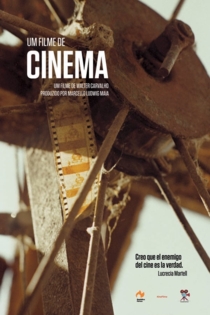
好好拍電影
Man Lim-Chung
Ann Hui, Nansun Shi
One of Hong Kong's most influential filmmakers, Ann Hui, becomes a “star” for the first time in Man Lim-chung's directorial debut. A forerunner of the New Wave, Hui’s tumultuous, forty-year career is an unequivocal testimony to her unyielding dedication to filmmaking, and her expedition into the metamorphic city. This biopic probes into the acclaimed director’s idiosyncratic world, where we witness her rashness and goofiness, as well as her humanistic concerns for the everyday nobodies which make her films so moving.
Keep Rolling
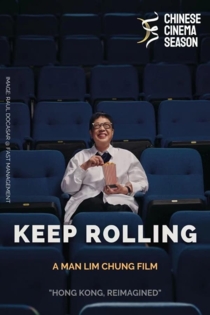
二十四城记
Jia Zhangke
Joan Chen, Lü Liping
24 City chronicles the dramatic closing of a once-prosperous state-owned factory in Chengdu, southwest China and its conversion into a sprawling luxury apartment complex. Three generations, eight characters : old workers, factory executives and yuppies, their stories melt into the History of China.
24 City
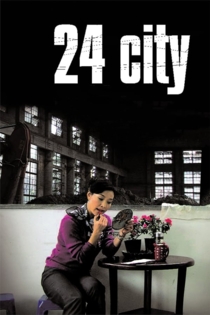
Jia Zhangke, Um Homem de Fenyang
Walter Salles
Jia Zhangke, Wang Hongwei
Chinese filmmaker Jia Zhangke returns to the shooting locations of his films, along with his actors, friends and close collaborators. Jia recalls the inspiration sources for his movies, such as Platform, Still Life and A Touch of Sin. The film is the memory of a filmmaker and of a country in convulsion, China, which reveals itself little by little.
Jia Zhangke, A Guy from Fenyang

The World
Jia Zhangke
Zhao Tao, Cheng Taishen
A young dancer, her security-guard boyfriend and others work at World Park, a bizarre cross-pollination of Las Vegas and Epcot Center where visitors can interact with famous international monuments without ever leaving the Beijing suburbs.
The World
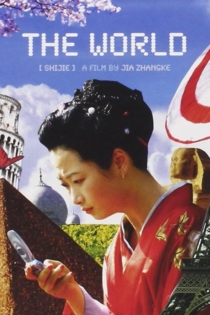
光陰的故事-台灣新電影
Hsieh Chin-Lin
Hou Hsiao-hsien, Apichatpong Weerasethakul
With Taiwan remaining in the grip of martial law in 1982, a group of filmmakers from that country set out to establish a cultural identity through cinema and to share it with the world. This engaging documentary looks at the movement's legacy.
Flowers of Taipei: Taiwan New Cinema
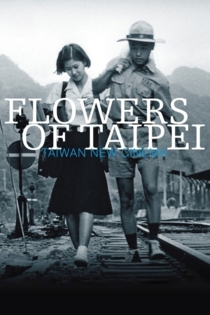
Unknown Pleasures
Jia Zhangke
Wei Wei Zhao, Zhao Tao
Three disaffected youths live in Datong in 2001, part of the new "Birth Control" generation. Fed on a steady diet of popular culture, both Western and Chinese, the characters of Unknown Pleasures represent a new breed in the People's Republic of China, one detached from reality through the screen of media and the internet.
Unknown Pleasures
